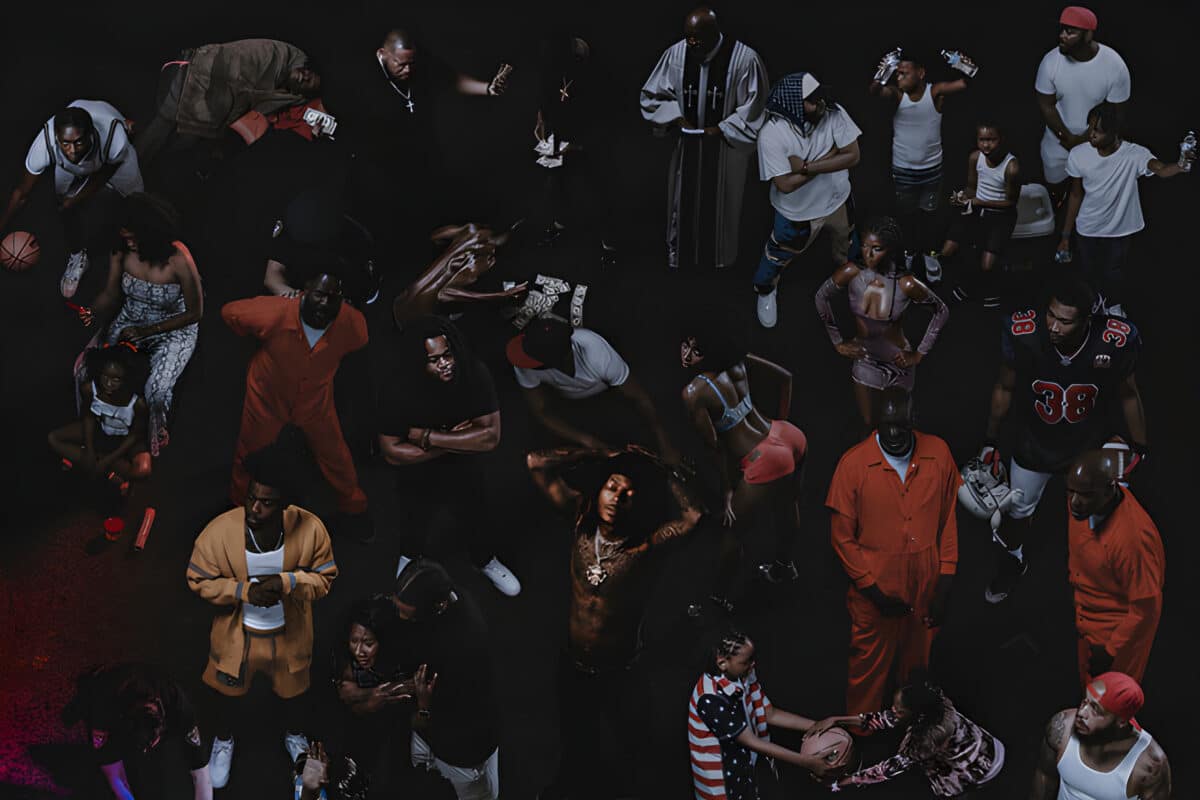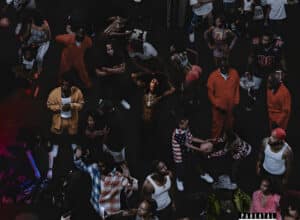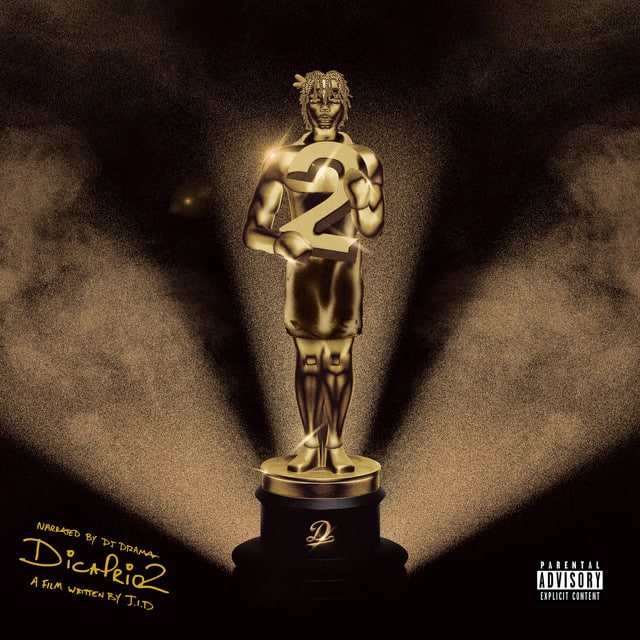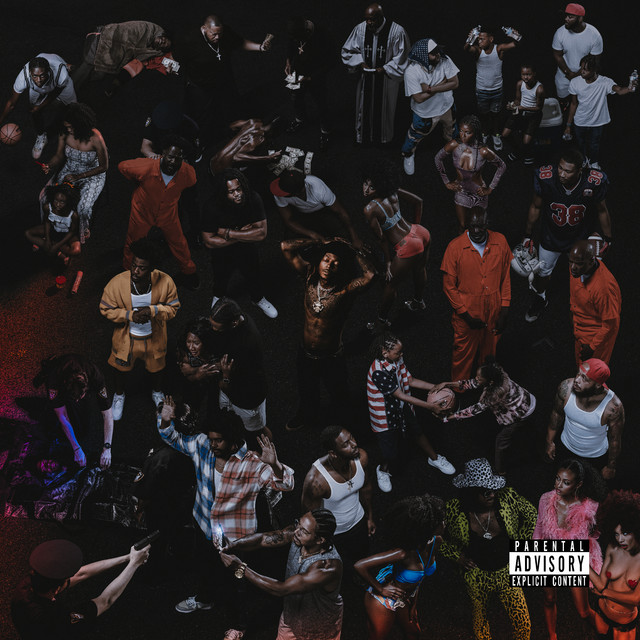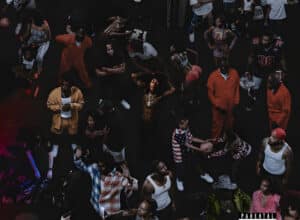Released: 2022
JID’s “Raydar” is rife with the rapper’s characteristic lyrical complexity and thought-provoking perspectives. It’s a tour de force of the Atlanta rapper’s deftness in weaving together powerful social commentary with his own personal experiences and introspective musings.
The first verse sees JID using dark and vivid imagery to express the duality of his life and experiences in the industry, wrapping together the low points (“the shit you would light with a lighter” reflecting the gritty reality) and the high points (“I got the shit, you could play for your mama” indicating the moments of success). His reference to “rappers who paid but broke” illuminates the pitfalls of fame, as well as the destructive cycle of selling out for quick success.
In the second verse, JID provides a scathing criticism of societal structures and those in power (“They got the people in office / The crackers that had us in chains”). He underlines the iniquity and challenges Black people face, particularly with his lyrical illustration of the difficulty in striving for change (“How you gon’ win in a losable game?”). JID further underscores the plight in the chorus, using the rain as a metaphor for struggle and hardship.
Halfway through the song, the chorus changes to a lamentation over the lack of understanding from society (“Man, they won’t understand, man”). He goes on to express his determination to fight, and the looming threat he poses to his adversaries. The lyrics “With my .9, I’m like ten Avengers / Snap a finger, I could end Avengers” are not only a nod to the iconic Thanos snap from Marvel’s Avengers franchise but also a metaphorical battle cry, marking JID’s readiness to challenge the system.
The final verse of “Raydar” encapsulates JID’s persistence amidst adversity and his unwavering spirit. He delves deeper into his personal journey, his losses and how it fuels his resolve. He uses potent imagery (“Drop the top on your convertible” suggesting exposure and vulnerability), to articulate his demand for societal change. The verse ends with JID asserting that he isn’t just rapping for entertainment, but that he’s making a statement and creating powerful social commentary.
In conclusion, “Raydar” is a sonic canvas showcasing JID’s lyrical prowess and deep-seated societal critique, mixing personal narratives with broader issues. It’s an unflinching look at the struggles, resistance, and resilience within the Black community and hip-hop culture, delivered with raw intensity and garnished with JID’s unique, poetic touch.
